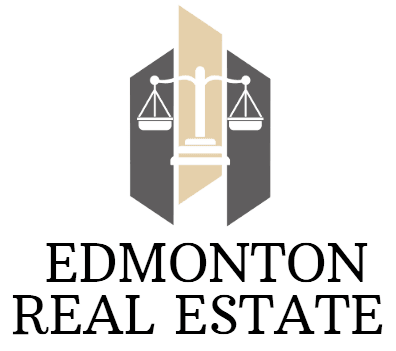Property development projects encompass the planning, design, financing, and construction of real estate developments, ranging from residential neighborhoods to commercial complexes. These projects involve a myriad of legal considerations that span the entire development process. From land acquisition and zoning compliance to construction contracts and regulatory approvals, legal guidance is vital to ensure successful and legally compliant property development. In this article, we will explore the importance of legal guidance at every stage of property development projects and how it contributes to the project’s success.
Land Acquisition and Due Diligence
The foundation of any property development project is land acquisition. Legal expertise is essential in navigating this initial stage:
- Title and Ownership Verification: Lawyers conduct thorough title searches to verify ownership, uncover any encumbrances or liens, and ensure the property can be legally transferred.
- Land Use and Zoning Research: Understanding local zoning regulations and land use restrictions is critical to determine the permissible use of the property and any potential development constraints.
- Environmental and Regulatory Due Diligence: Lawyers assess environmental impacts and regulatory compliance requirements to identify potential obstacles and liabilities.
Contract Negotiation and Drafting
Property development involves numerous contracts, agreements, and negotiations. Legal professionals contribute by:

- Purchase Agreements: Lawyers draft and negotiate purchase agreements, outlining terms for land acquisition, payment schedules, and contingencies.
- Joint Venture Agreements: In collaborative projects, lawyers draft agreements outlining the responsibilities, rights, and financial arrangements of each party involved.
- Construction Contracts: Lawyers ensure that construction contracts are comprehensive, addressing issues like timelines, scope of work, payments, and dispute resolution mechanisms.
Planning and Regulatory Approvals
Navigating regulatory processes is a complex legal aspect of property development:
- Permit Applications: Lawyers assist in preparing and submitting permit applications, ensuring compliance with local building codes, zoning regulations, and environmental standards.
- Public Hearings and Approvals: Legal professionals may represent developers at public hearings to secure necessary approvals from local government bodies.
- Community Engagement: Lawyers help developers navigate community engagement, addressing concerns and ensuring compliance with public input requirements.Tax Implications in Real Estate in Edmonton: Lawyers’ Insights for Investors.
Environmental Compliance and Impact
Property development projects must adhere to environmental regulations to minimize ecological impact:
- Environmental Impact Assessments: Lawyers help developers conduct assessments to identify potential environmental impacts and develop mitigation strategies.
- Wetlands and Protected Species: Legal professionals assist in navigating regulations related to wetlands, protected species, and conservation areas.
- Mitigation Plans: Lawyers ensure that developers establish plans to mitigate environmental impacts and comply with mitigation requirements.
Contractor and Vendor Relationships
Establishing legally sound relationships with contractors and vendors is crucial:
- Contractor Agreements: Lawyers draft contracts that clearly define responsibilities, timelines, payment terms, and dispute resolution mechanisms for contractors.
- Vendor Agreements: Legal professionals ensure that vendor agreements outline terms, warranties, and performance expectations.
Risk Management and Dispute Resolution
Mitigating risks and addressing disputes are integral to property development:
- Risk Assessment: Lawyers identify potential legal risks and provide strategies to minimize liability throughout the development process.
- Dispute Resolution: Legal experts facilitate negotiation and mediation to resolve conflicts that may arise among project stakeholders.
- Litigation: When disputes cannot be resolved through negotiation, lawyers provide representation in litigation to protect their clients’ interests.

Reputable Sources for Property Development Information
For individuals seeking comprehensive insights into property development and its legal aspects, reputable sources include:
- Wikipedia – Property Development: Link
These sources provide valuable information on property development processes, legal considerations, and best practices for successful development projects.
Conclusion
Property development projects are intricate undertakings that require expert legal guidance at every stage. From land acquisition and due diligence to contract negotiation, regulatory approvals, environmental compliance, and dispute resolution, legal professionals play a vital role in ensuring that property development projects proceed smoothly and in compliance with all legal requirements. Engaging experienced lawyers throughout the development process not only protects developers’ interests but also contributes to the successful completion of projects that enhance communities and create valuable real estate assets.
